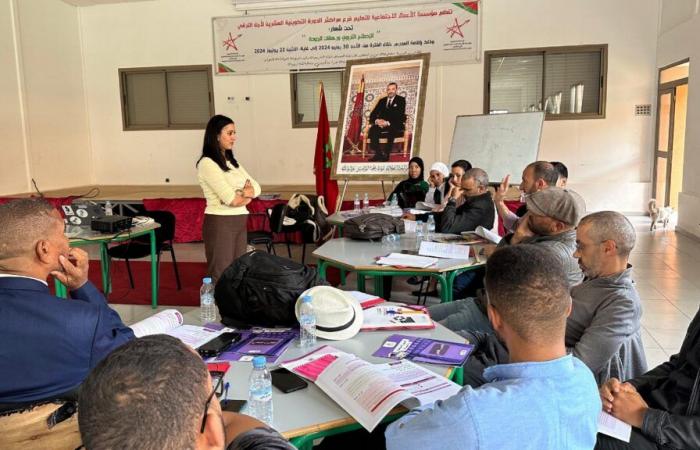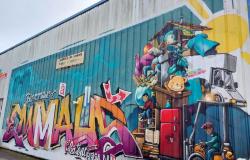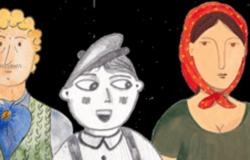In pioneer colleges, a new public school model, the Ministry of National Education is committed, alongside the Ali Zaoua Foundation, to making cinema and improvisational theater an essential component of the school program and a lever for learning and personal development for the student. This initiative is part of a large program deployed by the authorities and civil society actors to integrate the arts into pioneering colleges in all regions of the Kingdom.
Thus, from the current school year, students from 138 middle schools benefit from 28 cinema screenings, or two hours per week, according to their choice. In addition, schoolchildren from 124 colleges benefit from improvisation theater sessions, supervised by teachers specially trained for this discipline by the foundation. These teachers were also provided with a detailed annual program and a practical guide for each session, integrating screening times, debates and exercises.
Which exercises for which skills?
For their part, the students have guides equivalent to exercise books, containing all the exercises carried out in class. This allows them to keep track of their learning and do exercises spontaneously at home. They also have assessment sheets to self-assess their skills and progress.
Controversy around films, who chooses what?
Improvisational theater sessions offer a creative space where participants explore and develop their skills through dynamic and interactive activities. Guided by a facilitator, the sessions are based on specific exercises and use suitable accessories to stimulate the imagination and reinforce learning, according to the objectives: bodily expression, non-verbal communication, management of emotions or even work on creativity and active listening.
Over the weeks, participants practice improvising solo or in groups, build characters and tackle various themes. This progression culminates in improvisation matches, mixing friendly competition and collaboration, offering participants the opportunity to put into practice everything they have learned in a stimulating and fun setting.
When technical means are lacking…
The reluctance of parents and certain teachers constitutes another major obstacle to the deployment of this project in certain colleges. For some parents, the introduction of such activities into the school curriculum is seen as a distraction, potentially drawing attention away from academic subjects deemed more “serious” or essential for their children’s future success.
In addition, some teachers, although invested in their educational mission, may hesitate to integrate these new activities, due to the lack of resources necessary to implement them effectively. Hence the importance of encouraging them to adopt this educational approach by offering them appropriate incentive measures.






